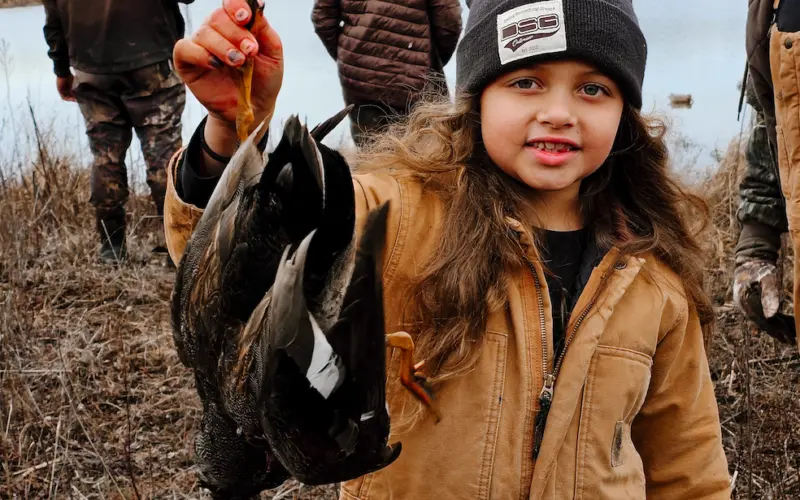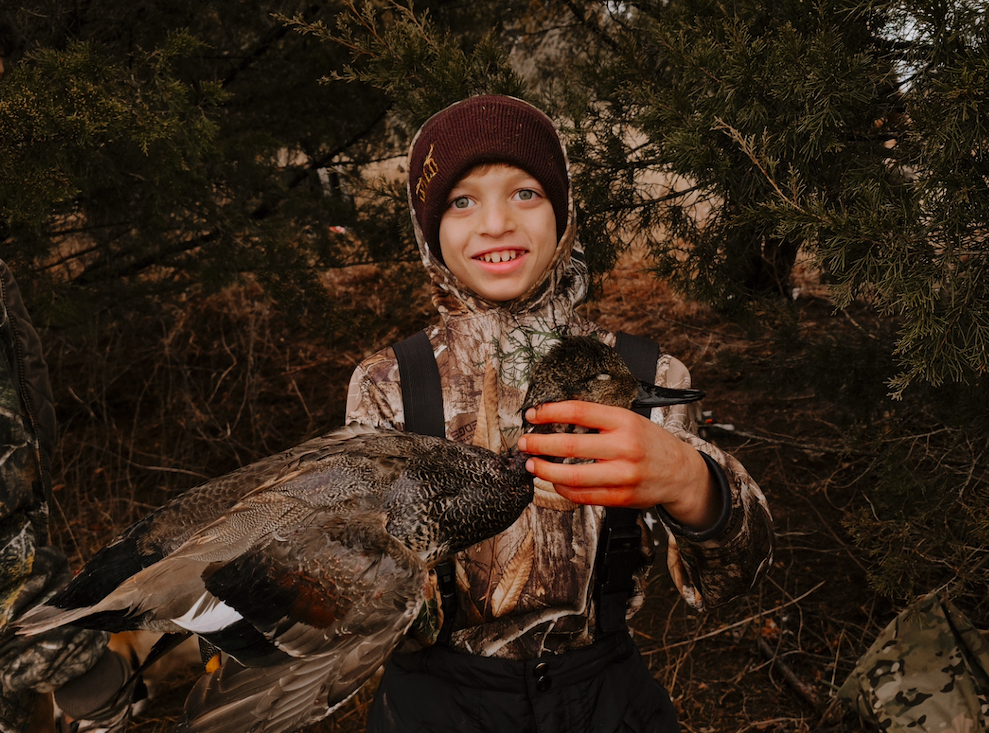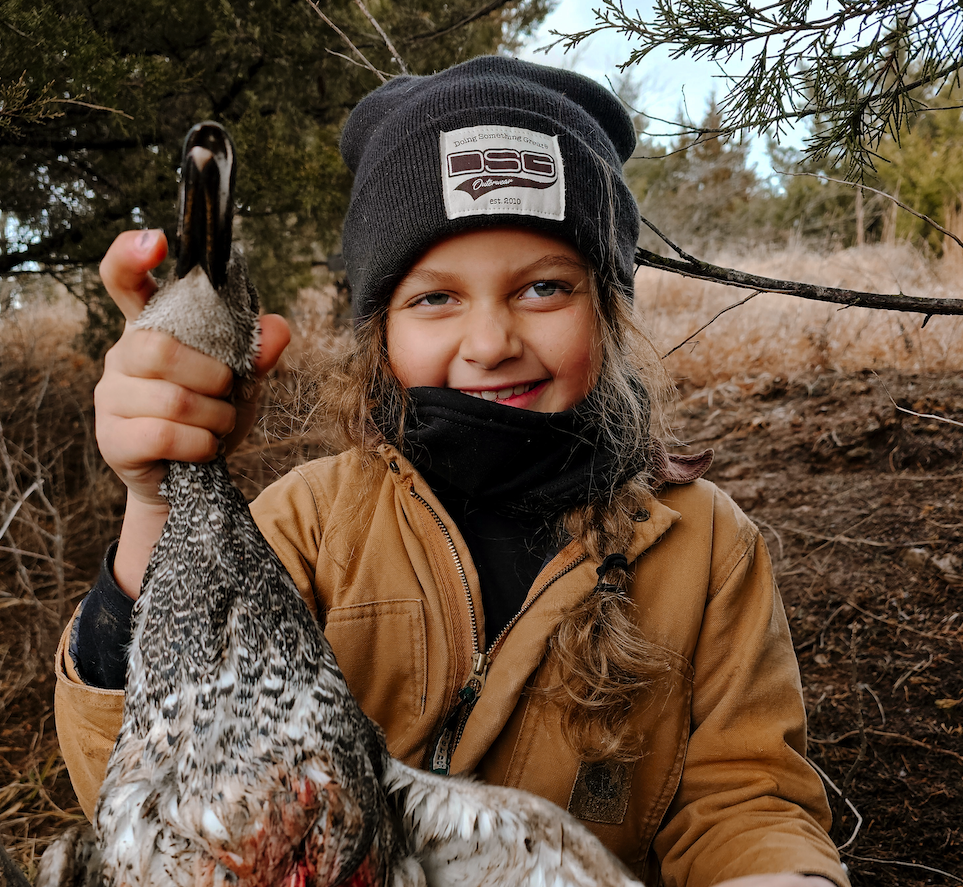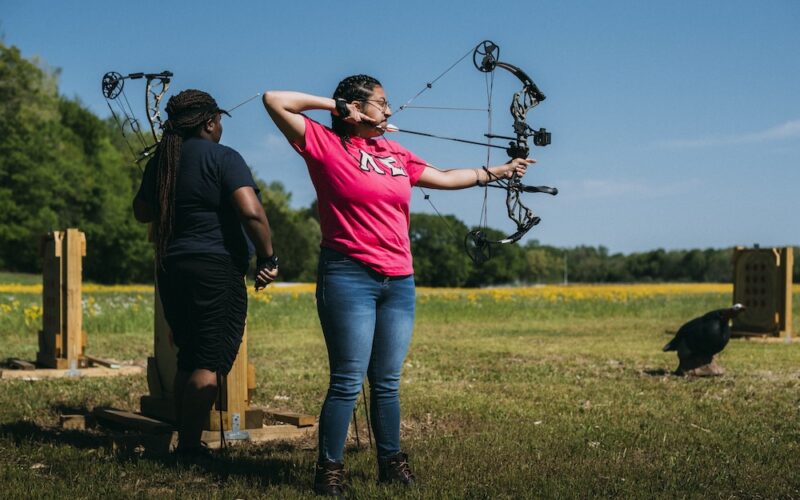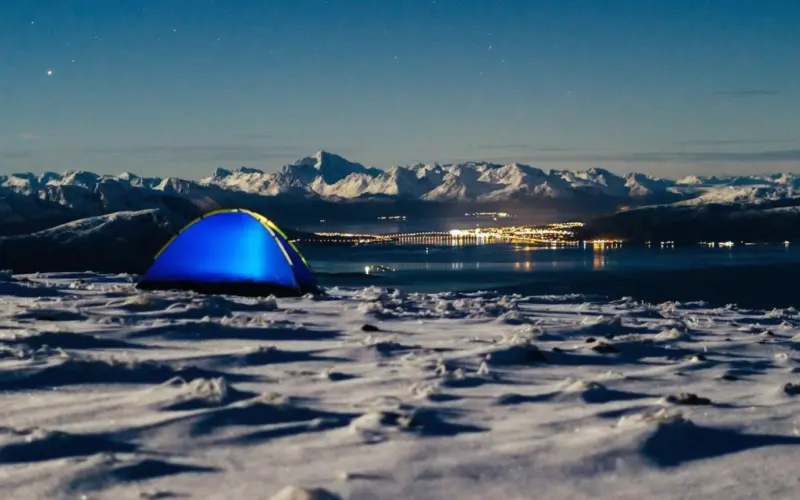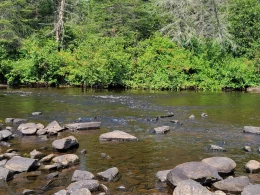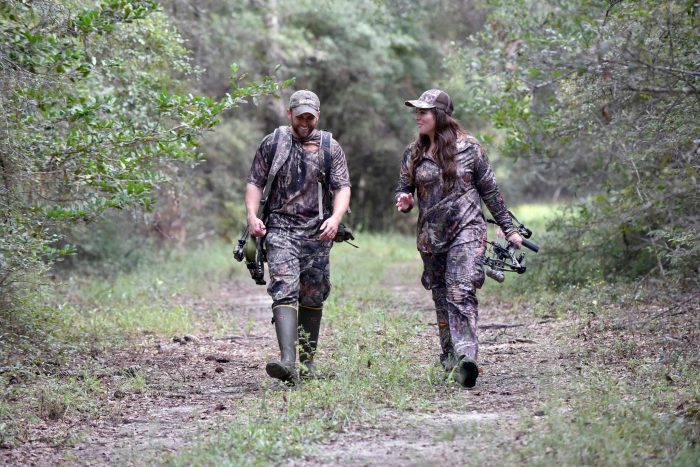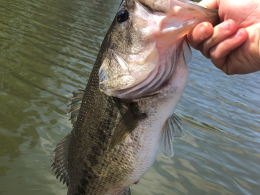Taking my kids hunting brings me such joy. I know not all my kids will be hunters, but I want them to have the skills. I also want them to just love the outdoors and be conservationists. We need future conservationists, and those foundational values don’t happen overnight. This past waterfowl season, we took advantage of Oklahoma’s free youth and military hunt weekend. I took 3 of my five kids to duck hunt with my military husband and friends. It was a memorable experience, and though it was only one day, a lot of preparation goes into hunting with kids.
Table of Contents
Preparing for the Hunt
Waterfowl hunting is the practice of hunting birds that are commonly found in or around water, such as ducks and geese. All 50 states in the United States offer waterfowl hunting seasons. Each state typically sets its own regulations, including season dates, bag limits, and licensing requirements, based on recommendations from federal wildlife management agencies like the U.S. Fish and Wildlife Service and in consideration of the local waterfowl populations and habitats. These regulations are designed to ensure sustainable hunting practices and the conservation of waterfowl populations. However, it’s essential to check with your specific state’s wildlife agency for the most current information on waterfowl hunting regulations and seasons, as they may vary from year to year.
When going on a duck hunt with children, several crucial considerations ensure a safe and enjoyable experience for all involved. First and foremost is the selection of appropriate hunting locations that prioritize safety and cater to the needs of young hunters. These locations should offer ample space for maneuvering, minimal hazards, and accessibility for children of varying ages and abilities. We are blessed to have a family pond on private property. I found hunting on the bank using organic cover such as reeds and bushes allows for minimal set-up effort. Equally essential is the meticulous gathering of necessary equipment and gear, ranging from firearms and ammunition to camouflage clothing and decoys. Each piece plays a pivotal role in facilitating a successful hunt while ensuring the comfort and safety of young participants. It’s imperative to take the time to explain hunting regulations and safety protocols to children in an age-appropriate manner. By instilling a thorough understanding of rules and guidelines, along with fostering a culture of respect for wildlife and natural habitats, we empower children to become conscientious and responsible hunters from the outset. Through careful preparation and education, we create an environment conducive to memorable and fulfilling hunting experiences that will last a lifetime.
Educating Children
When it comes to educating children about the “ins and outs” of hunting, it involves a comprehensive approach that extends beyond the mechanics of the hunt itself. It begins with imparting knowledge about the various duck species, their behaviors, and their preferred habitats. I like to say hunters become “mini biologists.” By understanding the characteristics of each species, children develop a deeper appreciation for wildlife and the importance of preserving their natural habitats. Alongside species education, emphasis is placed on instilling values of conservation and responsible hunting practices. Children learn the significance of sustainable hunting methods, habitat preservation, and the role they play in maintaining ecological balance. Furthermore, discussions surrounding firearm safety rules and etiquette in the field are paramount. Children are taught the fundamental principles of firearm safety, including proper handling, storage, and respect for firearms. The first time your child handles a gun should not be when you take them hunting. For some reason, the “kick” of a shotgun is very intimidating, especially with kids. We, as mentors, should want to defuse any fear and create a prospering environment.
Through these educational initiatives, children not only gain the necessary skills for successful hunting but also cultivate a profound respect for nature and a commitment to ethical hunting practices that will guide them throughout their lives. Check your states age requirements for the hunter safe course, I know the NRA online safety course starts at age 10. Most states allow youth hunters to hunt as an “apprentice.”
Planning the Hunt
Planning a duck hunt specifically for children requires careful consideration of various factors to ensure a positive and enjoyable experience for all involved. The main idea should start with establishing realistic expectations tailored to the children’s age, experience levels, and attention spans. By setting achievable goals and objectives, children can be empowered by participating actively in the hunt while minimizing frustration and disappointment. Additionally, planning for shorter hunts interspersed with breaks for snacks, rest, and exploration is essential. These breaks not only provide opportunities for rest and exploration but also foster a sense of adventure and curiosity, allowing children to fully immerse themselves in the outdoor experience. Furthermore, selecting appropriate weather conditions and times of day is crucial for optimizing safety and comfort during the hunt. Mild weather conditions and favorable times of day enhance the likelihood of spotting ducks while mitigating potential risks associated with adverse weather. Planning each aspect of the hunt with children’s needs in mind, parents and guardians can create a memorable and rewarding outdoor adventure that fosters a lifelong love of hunting and nature.
The Hunt
During the hunt, prioritizing safety remains paramount, particularly when children are involved. Emphasis is placed on instilling proper firearm handling techniques and ensuring the accurate identification of targets to prevent accidents and promote responsible hunting practices. This is an excellent opportunity to allow the kids to practice their skills. My children are educated on the importance of maintaining muzzle control and keeping fingers off the trigger until ready to shoot, and when bird hunting with others, they learn to shoot within their shooting zones. Additionally, patience and perseverance are encouraged as essential virtues while awaiting the arrival of ducks or after missed shots. Children can learn to appreciate the quiet moments in nature, understanding that successful hunting often requires time and persistence. To further engage children in the hunting experience, calls, and decoys are utilized to attract ducks and create opportunities for interaction. My kids got the chance to actively participate in the process using a motion decoy, and they love testing calls and learning to mimic duck calls. Through these immersive activities, children develop a deeper connection to the hunting traditions and gain valuable skills that will transcend the hunt itself.
After the Hunt
The hunt may stop when you leave the field, but the memories last forever. In our home, they are definitely the hot topic for the next few weeks. It is nice to take time to reflect on the experience with children, fostering a sense of camaraderie and learning. That is what the hunting legacy is all about memories made together. Discuss the successes, challenges, and lessons learned during the hunt, creating an opportunity for open dialogue and shared memories. Celebrate the day’s achievements. On this last hunt, one of my kids harvested his first duck, and another took several shots, building confidence. To see the joy on their faces was priceless.
I really like to create a beginning-to-end cycle from scouting to eating the game. When families indulge in a shared meal featuring their harvested duck dishes, it further solidifies the bond forged through the hunt. After the hunt, attention turns to the proper cleaning and storage of equipment, instilling values of respect for your weapons as tools. Children can actively participate in the cleaning process, learning the importance of maintaining equipment to ensure its longevity and effectiveness. Through these post-hunt activities and tasks, families not only deepen their connection to the outdoors but also reinforce invaluable lessons of stewardship and environmental responsibility to the next generation.
Introducing children to the tradition of duck hunting offers a multitude of benefits that extend far beyond the thrill of the hunt itself. From fostering bonding opportunities between generations to providing invaluable outdoor education, the experience of duck hunting cultivates a deep appreciation for nature and wildlife. By immersing children in the beauty of the outdoors, they gain firsthand knowledge of ecosystems, habitats, and the importance of conservation. Moreover, duck hunting fosters a love for nature that can last a lifetime, instilling a sense of wonder and respect for the outdoors.
As parents and guardians, it is our privilege and responsibility to share our passion for hunting with the next generation. By imparting the values of safety, ethics, and environmental stewardship, we equip children with the skills and knowledge necessary to become conscientious and respectful hunters. Through patient guidance and encouragement, we create opportunities for children to develop confidence, resilience, and an enduring connection to the outdoors. As stewards of our hunting heritage, we have the power to inspire and nurture the next generation of hunters, ensuring that this cherished tradition continues to thrive for years to come.

